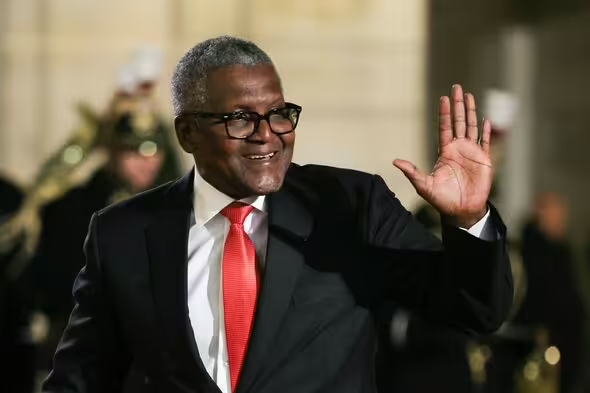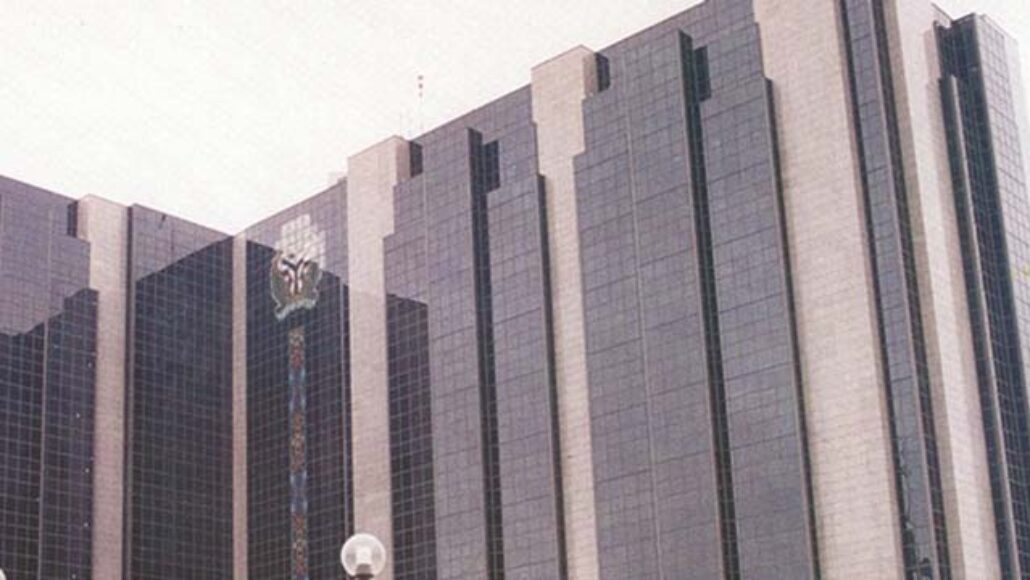The Nigerian National Petroleum Company Limited (NNPCL) has come under heavy fire following a stunning admission that the country’s state-owned refineries may never function again—despite over $18 billion already spent on their rehabilitation.
This revelation, made by NNPCL Group Chief Executive Officer Bayo Ojulari during an interview in Vienna, has reignited criticism from civil society groups, opposition leaders, and economic analysts who are demanding a full-blown investigation into the failed turnaround maintenance efforts.
Ojulari, who took over from Mele Kyari in April 2025, hinted that the government is now considering selling the refineries after years of fruitless investments. He said a comprehensive review of NNPC’s refinery operations is underway and expected to conclude by year-end, noting that selling the assets is “not off the table.”
“We’ve made significant investments, but the outdated nature of these facilities and underwhelming technology performance have made rehabilitation more complicated than anticipated,” Ojulari said at the 9th OPEC International Seminar.
His remarks sharply contrast the earlier promises made by the Buhari administration and Kyari-led NNPC, which claimed in 2019 that all refineries would be up and running by 2023.
Billionaire businessman Aliko Dangote echoed similar concerns while addressing top African CEOs at his Lekki refinery. He warned that despite years of effort and billions in funding, the Port Harcourt, Warri, and Kaduna refineries might never operate effectively again.
Recalling how the government revoked his 2007 acquisition of the refineries under late President Yar’Adua, Dangote said, “They claimed the facilities were gifted to us and should be returned. Since then, they’ve spent over $18 billion, and still, nothing works. I doubt they ever will.”
He likened the situation to retrofitting a 40-year-old car with new engine technology: “Even if you change the engine, the body may not withstand the stress.”
Former President Olusegun Obasanjo, who initially sold the refineries before the deal was reversed, has repeatedly warned that the NNPC was incapable of managing them. He revealed that even oil giants like Shell refused to run the facilities due to their poor state.
“They [NNPC] knew they couldn’t run them, but they kept feeding the system with corruption. In a sane country, some of those involved would be in jail by now,” Obasanjo stated.
Following Ojulari’s remarks, opposition voices have come out strongly against President Tinubu’s administration, accusing it of deceiving Nigerians with promises of refinery restoration.
Dr. Yunusa Tanko, National Coordinator of the Obidient Movement, called the development a “confirmation of lies” and a betrayal of public trust. “This is not just mismanagement—it’s a systemic failure that shows utter disregard for citizens,” he said.
Similarly, Peter Ameh, Secretary of the Coalition of United Political Parties (CUPP), demanded a criminal probe into the billions poured into the refineries. He urged the government to hold those responsible accountable through a public inquiry similar to the Oputa Panel.
In a strong statement, House of Representatives member Henry Okojie declared that the refineries are national assets and that Nigerians must be involved in decisions around their future.
Okojie, who chairs the House Committee on Petroleum Resources (Midstream), warned against rushing into sales and confirmed that his committee will conduct a forensic investigation into the funds spent on the failed rehabilitation.
“We owe it to Nigerians to find out why so much money was wasted. We will not support the continued funding of non-viable projects, but we must also prevent sabotage,” he stated.
Political economist Prof. Pat Utomi described the situation as “predictable,” saying the government ignored sound advice to sell the refineries earlier and wasted funds instead. Former Senator Shehu Sani echoed similar views, stating that selling the refineries might now be the “lesser evil” to stop further financial waste.
Dr. Olu Agunloye of the Social Democratic Party (SDP) applauded Ojulari’s honesty and urged the administration to stop the corruption and take decisive action: “One man built a functioning refinery. Why can’t the government?”
It’s reported that:
* $1.4 billion was approved in 2021 for Port Harcourt refinery,
* $897 million for Warri,
* $586 million for Kaduna,
* and an additional N100 billion was allocated for refinery rehab in 2021 alone.
From 2013 to 2017, another $396.33 million was spent on Turnaround Maintenance. Yet, despite all this spending, none of the refineries are currently productive.
With years of failed promises, billions in lost investment, and mounting public anger, the future of Nigeria’s refineries now hangs in the balance. As investigations begin and calls for accountability grow louder, Nigerians await whether this moment will mark real reform or yet another missed opportunity.





